Fueled by an impoverished childhood, George Foreman channeled his anger into becoming an Olympic Gold medalist and World Heavyweight Champion, followed by a near-death experience that took him from the […]
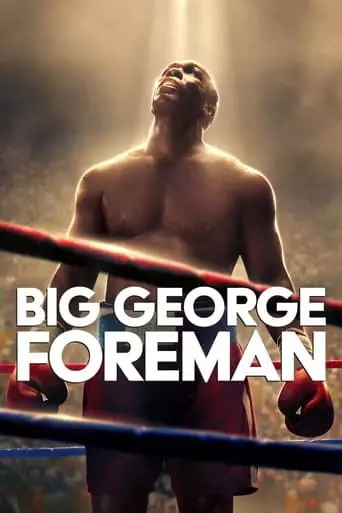
Fueled by an impoverished childhood, George Foreman channeled his anger into becoming an Olympic Gold medalist and World Heavyweight Champion, followed by a near-death experience that took him from the […]
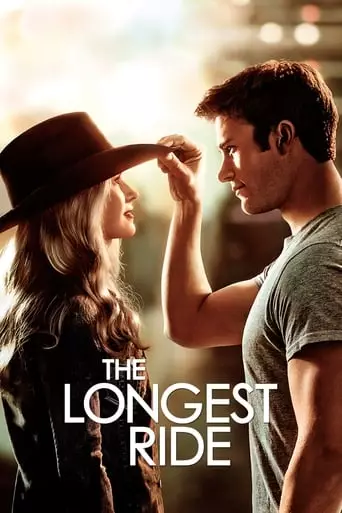
The lives of a young couple intertwine with a much older man as he reflects back on a lost love while he’s trapped in an automobile crash. The Longest Ride […]
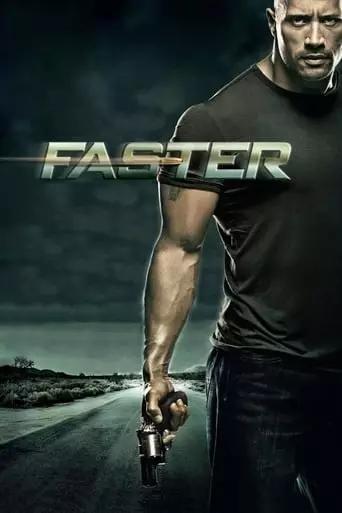
After 10 years in prison, Driver is now a free man with a single focus – hunting down the people responsible for brutally murdering his brother. Faster is a 2010 […]
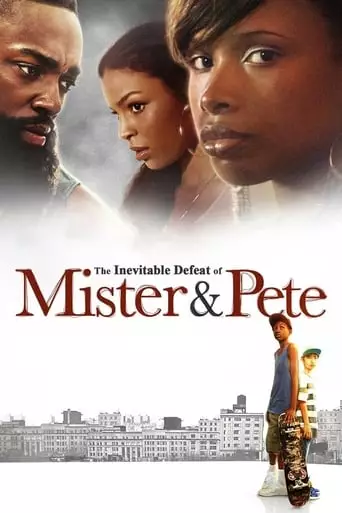
Coming of age story about two inner city youths, who are left to fend for themselves over the summer after their mothers are taken away by the authorities. The Inevitable […]
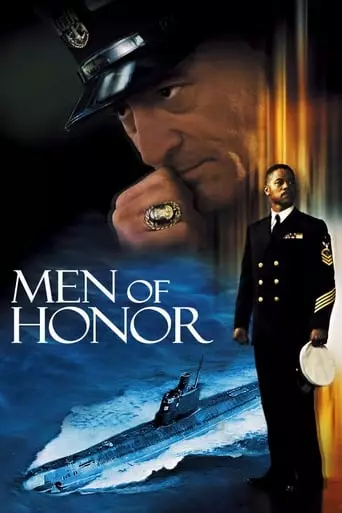
Against formidable odds — and an old-school diving instructor embittered by the U.S. Navy’s new, less prejudicial policies — Carl Brashear sets his sights on becoming the Navy’s first African-American […]
George Tillman Jr.: A Master of Heartfelt Storytelling and Diverse Cinema
George Tillman Jr. is an accomplished American filmmaker, producer, and screenwriter known for crafting films that explore themes of family, identity, and perseverance. With a career spanning over three decades, Tillman has demonstrated remarkable versatility, directing films across genres, from heartfelt dramas like Soul Food (1997) to biographical epics like The Hate U Give (2018). His work resonates with audiences for its authenticity, emotional depth, and cultural relevance.
Early Life and Inspiration
George Tillman Jr. was born on January 26, 1969, in Milwaukee, Wisconsin. Growing up in a working-class family, Tillman was inspired by the stories he saw on television and in films. At the age of eight, he discovered his passion for filmmaking after watching Cooley High (1975), a coming-of-age drama that reflected the experiences of African American youth.
Tillman pursued his passion academically, studying film and television at Columbia College Chicago. While in college, he created several short films, including Paula (1992), which caught the attention of Hollywood producers and opened doors for his career.
Breakthrough with Soul Food
Tillman’s feature film debut, Soul Food (1997), was a deeply personal project inspired by his own family experiences. The film tells the story of an African American family whose bond is tested after the matriarch falls ill.
Critical Acclaim: Soul Food was praised for its authentic portrayal of African American family life and its focus on universal themes of love, conflict, and reconciliation.
Box Office Success: The film grossed over $43 million, making it a commercial success and a cultural touchstone.
Legacy: Soul Food inspired a successful television series of the same name, which ran from 2000 to 2004.
Expanding Horizons: Men of Honor and Notorious
Men of Honor (2000)
Tillman directed Men of Honor, a biographical drama based on the life of Carl Brashear, the first African American master diver in the U.S. Navy. Starring Cuba Gooding Jr. and Robert De Niro, the film explores themes of resilience and equality.
Critical Reception: The film was praised for its powerful performances and inspirational message.
Impact: Men of Honor highlighted Tillman’s ability to tell compelling stories about real-life figures who defy adversity.
Notorious (2009)
Tillman directed Notorious, a biopic about the life and career of Christopher Wallace, better known as The Notorious B.I.G. The film chronicled the rapper’s rise to fame and his tragic death.
Cultural Significance: The film resonated with fans of hip-hop and provided insight into the life of one of the genre’s most iconic figures.
Authenticity: Tillman’s direction captured the essence of the 1990s hip-hop scene, earning praise for its authenticity and emotional depth.
Tackling Social Issues: The Hate U Give
In 2018, Tillman directed The Hate U Give, an adaptation of Angie Thomas’s bestselling novel. The film tells the story of Starr Carter, a young African American girl who witnesses the police shooting of her best friend and grapples with issues of identity, activism, and systemic racism.
Critical Acclaim: The film received widespread praise for its timely and powerful exploration of racial injustice and police brutality.
Awards and Recognition: The Hate U Give earned several nominations and accolades, including an NAACP Image Award.
Cultural Impact: The film became a vital conversation starter about social justice, resonating with audiences worldwide.
Other Notable Works
The Longest Ride (2015)
Tillman directed this romantic drama based on Nicholas Sparks’s novel. The film weaves together two love stories, showcasing Tillman’s ability to handle emotionally charged narratives.
Faster (2010)
In this action-thriller, Tillman worked with Dwayne Johnson to deliver a gritty, fast-paced revenge story. The film marked a departure from his usual dramatic fare, demonstrating his versatility as a filmmaker.
Hallmarks of Tillman’s Filmmaking
George Tillman Jr.’s films are characterized by their emotional resonance, strong character development, and cultural authenticity. Key elements of his style include:
Focus on Relationships: Tillman’s films often explore the complexities of family and personal relationships, grounding his stories in universal human experiences.
Representation: His work highlights the experiences of African Americans, offering nuanced portrayals that challenge stereotypes.
Versatility: From biopics to action films, Tillman’s ability to navigate different genres showcases his range as a storyteller.
Producer and Mentor
In addition to directing, Tillman has made significant contributions as a producer. Alongside his business partner Robert Teitel, he co-founded State Street Pictures, which has produced films like Barbershop (2002) and its sequels. Through his production work, Tillman has supported projects that amplify diverse voices and stories.
Legacy and Influence
George Tillman Jr. is a trailblazer in Hollywood, using his platform to tell stories that resonate on both personal and societal levels. His films have not only entertained but also sparked meaningful conversations about race, identity, and perseverance. As a director, producer, and mentor, Tillman continues to inspire the next generation of filmmakers to tell authentic and impactful stories.
Conclusion
From the heartfelt family dynamics of Soul Food to the searing social commentary of The Hate U Give, George Tillman Jr. has established himself as a masterful storyteller with a unique voice. His ability to navigate diverse genres while maintaining emotional depth and cultural relevance has made him a respected figure in the film industry. As he continues to explore new narratives, Tillman’s work remains a testament to the power of storytelling to reflect and shape the human experience.